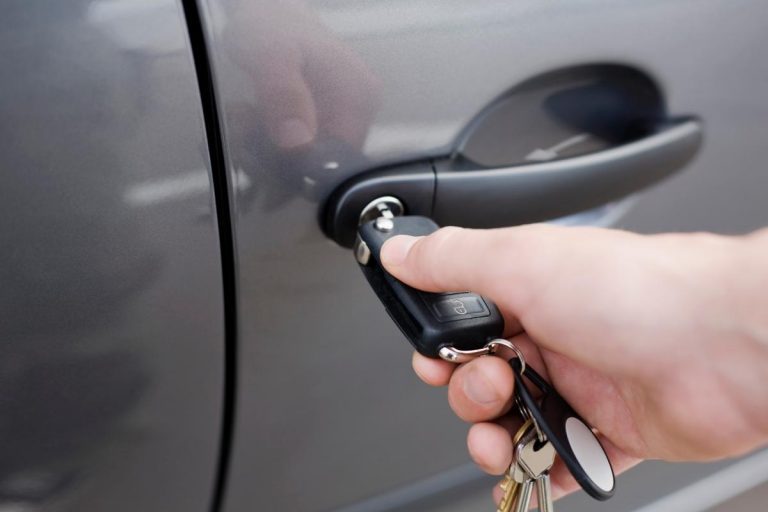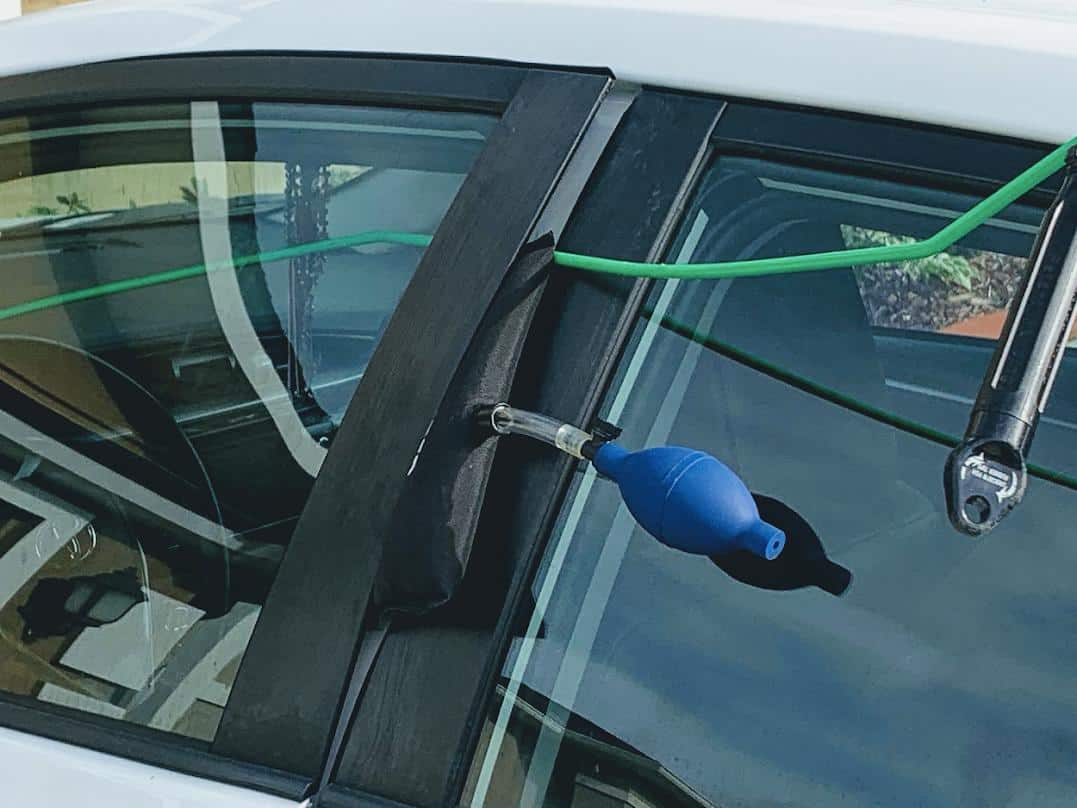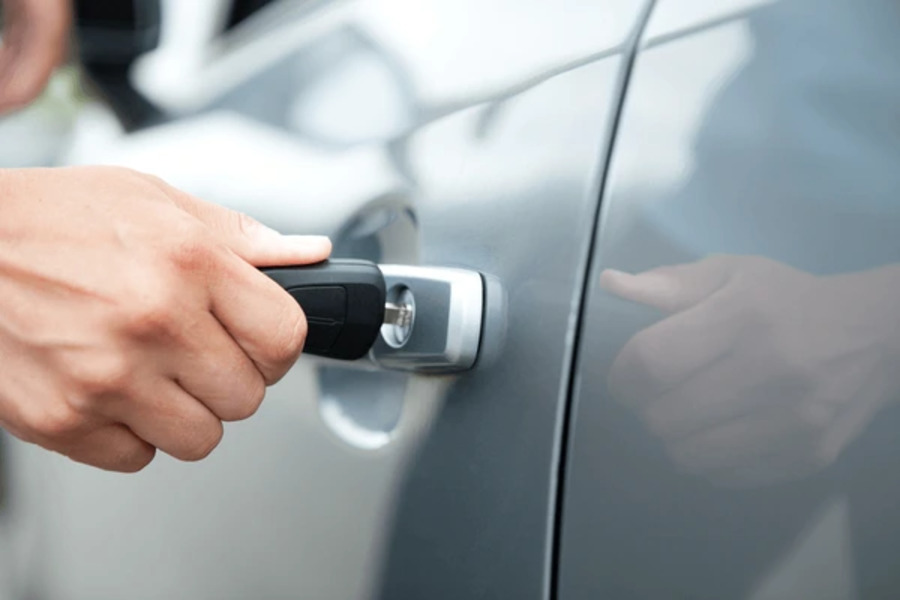When you’re in a hurry and accidentally lock your keys inside your car, the frustration can be overwhelming. In such situations, the idea of using DIY car unlock tools might seem appealing. But is it legal to use DIY car unlock tools? This article aims to shed light on the legal implications and provide a comprehensive understanding of this topic.

The Basics of Car Lockout Situations
Car lockouts are common and can happen to anyone. Whether you’ve left your keys in the ignition or misplaced them entirely, being locked out of your car is an inconvenience many have faced. While some might consider calling a professional locksmith, others may think about using a DIY method to unlock their car. But before you proceed, it’s crucial to understand the legal landscape.
Understanding DIY Car Unlock Tools
DIY car unlock tools include a variety of devices, such as slim jims, lockout kits, and inflatable wedges. These tools are designed to help individuals unlock their vehicles without causing damage. However, their legality is a subject of debate.
Types of DIY Unlock Tools
- Slim Jim: A thin strip of metal used to manipulate the lock mechanism.
- Inflatable Wedge: Creates a gap in the door for easier access.
- Lockout Kits: A collection of tools designed for unlocking cars.
Legal Considerations
The legality of using DIY car unlock tools varies by location. In some regions, possessing these tools is perfectly legal, while in others, it might be considered suspicious or even illegal. It’s essential to check the local laws and regulations before attempting to use such tools.
State and Local Laws
In the United States, laws regarding DIY car unlock tools differ from state to state. Some states have specific laws that classify these tools as ‘burglary tools,’ making it illegal to possess them without a legitimate reason.
Potential Legal Consequences
If caught using DIY car unlock tools without proper authorization, you could face legal consequences. These might include fines, legal fees, or even criminal charges, depending on the jurisdiction.
When Using DIY Tools is Legal
Using DIY car unlock tools is generally legal if you own the vehicle or have explicit permission from the owner. However, it’s always advisable to consult local laws or seek professional legal advice.
Professional Locksmith Services
When in doubt, it’s often best to rely on professional locksmith services. Not only are they equipped with the right tools, but they also have the expertise to unlock your car safely and legally. For more information, check out this car lockout coverage article.
Benefits of Hiring a Locksmith
- Expertise and experience
- Use of professional tools
- Insurance coverage for damages
Alternatives to DIY Tools
If you’re hesitant about using DIY car unlock tools, there are alternative solutions. These include using spare keys, calling roadside assistance, or contacting a professional locksmith.
Preventing Future Lockouts
Preventing car lockouts is always better than finding a cure. Consider keeping spare keys in a safe place or investing in wireless lock systems to avoid future inconveniences.
Conclusion
In conclusion, the question of is it legal to use DIY car unlock tools depends largely on local laws and your specific circumstances. While DIY tools can be handy, it’s crucial to weigh the legal risks and potential repercussions. Whenever possible, opting for professional locksmith services is a safer and more reliable choice.

FAQs
Can I legally use DIY tools on my own car?
Yes, using DIY car unlock tools on your own vehicle is generally legal, but it’s essential to verify local laws.
Are locksmith services expensive?
While costs can vary, hiring a professional locksmith is often worth the investment for peace of mind and legal safety.
What should I do if I’m locked out of my car?
Consider calling a locksmith or roadside assistance for a quick and legal solution. For more tips, visit [this article](https://www.directauto.com/learning-center/driving-laws-and-safety/locked-out-of-your-car) for additional help.
This article contains affiliate links. We may earn a commission at no extra cost to you.





